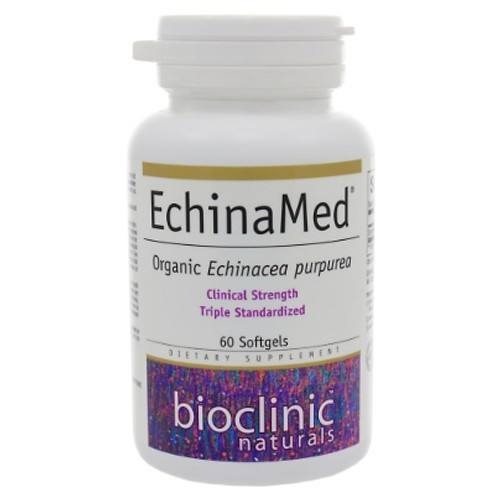The majority of the clinical uses for CoQ10 are founded upon its role as an antioxidant, and its role in mitochondrial bioenergetics. It is a coenzyme for numerous reactions involved in cellular respiration, and is required for the efficient formation of adenosine triphosphate (ATP), the cellular currency which drives the majority of enzymatic reactions. It inhibits peroxidation of cell membrane lipids and as well as circulating lipoproteins. CoQ10 supports cardiac tissues by improving endothelial function and by having a direct anti-atherogenic effect, which results in lower blood pressure and improved ventricular contractility.
High dose CoQ10, ranging up to 2, 400 mg per day, has been used primarily for neurodegenerative diseases such as Parkinsons and Huntingtons disease. Clinical trials have shown benefit for a wide range of cardiovascular conditions, including congestive heart failure, hypertension, and prevention of myocardial infarction. It has also had clinical benefit for a number of other conditions, including migraine, periodontal disease, gingivitis, male infertility, and statin-induced myopathy.
Benefits
- Identical to the form produced by the human body for high bioavailability
- Improves many varied health conditions, including cardiovascular disease, cellular decomposition and oxidative stress
- Higher dosage of 400 mg reduces the need of taking multiple pills during the day and keeps pace with the research
- Free of contamination by undesirable residue or micro-organisms, including bacteria or yeast
- In a base of natural ricebran oil and vitamin E to ensure a stabilized and highly absorbable form of CoQ10












